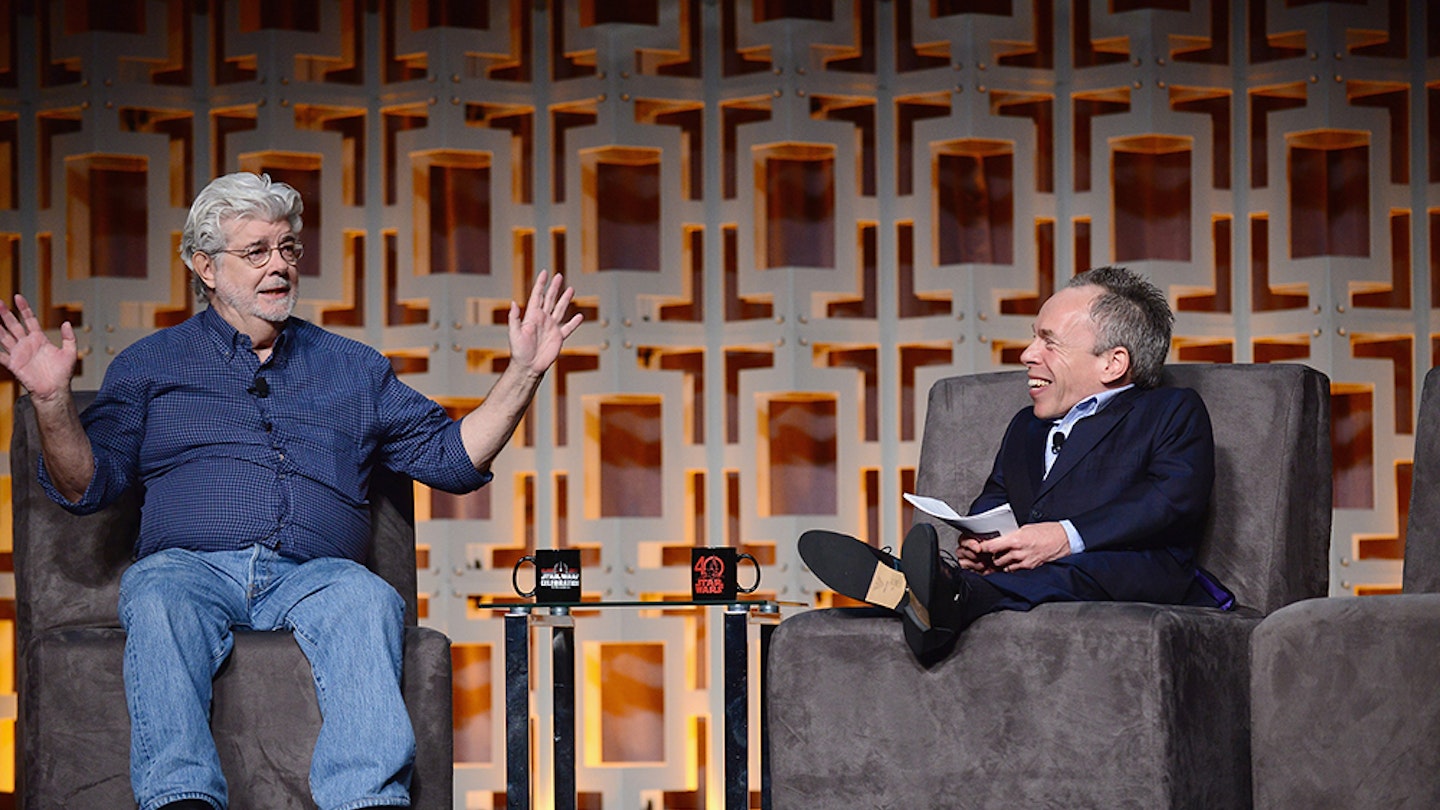On the first day of 2017's Star Wars Celebration, held in Orlando, Florida, George Lucas took to the stage. There he was greeted by thunderous applause and the image of thousands of lightsabers lighting up among the crowd, nicely encapsulating the impact he's had on millions of fans around the world.
He was interviewed by Warwick Davis, who was cast — when he was just eleven — as the Ewok Wicket in 1983's Return Of The Jedi. The first question on Davis' mind was the original conception of Star Wars, and what follows is Lucas' own reflection of what motivated him to create the concept in the first place.
George Lucas
There was a moment [of creation], but it was like an idea, and the idea was I would like to make an action movie which is more like a Saturday matinee serial that I enjoyed as a kid, but imbue it with mythological psychological motifs, because we don't have any of those today. And so I said, "Well, I want to take these two things and put them together."
A few years later I ended up making a deal with United Artists. They said "What other movies do you have?" I was making a deal for American Graffiti; I said "I have this sort of space opera thing." They said, "Okay, we'll do a deal for that." The one thing you've got to learn about studios is that if you get your break and you say, "I've got a script," they'll say, "We'll do that, but we want to own you. We want to do all the films you'll ever make in the world." And you say, "Well, that's fantastic," until you get to the next level, and suddenly you realize you've signed away your life.
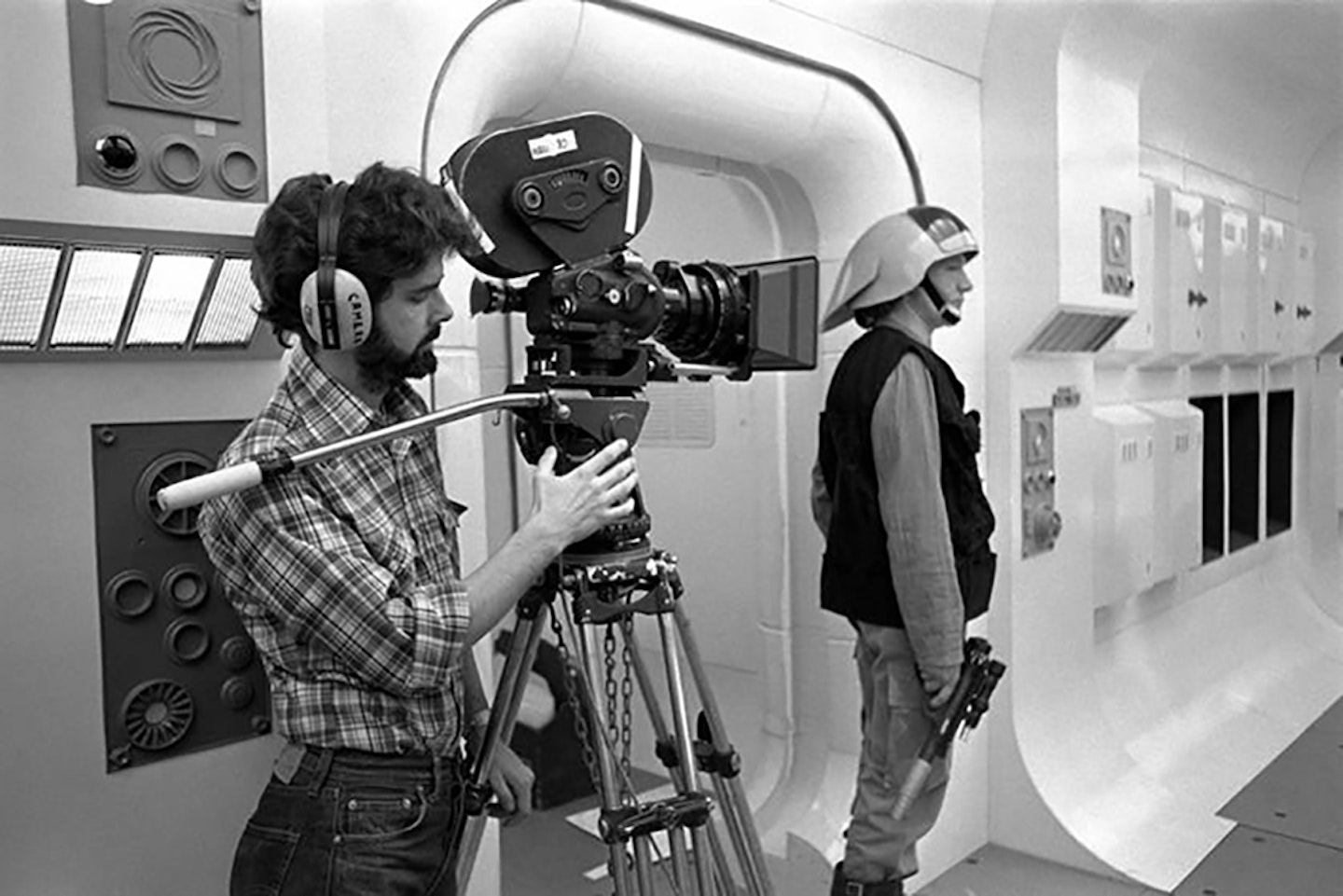
[But] I was mainly thinking about American Graffiti, that was the movie I was making. Then, what really happened was after American Graffiti, the studio considered it to be so bad they wouldn't release it. So, I was out of a job. I'd made one movie, THX 1138, which was a cult favorite, which I liked but nobody else did. And I did this other rock 'n roll film which wasn't even good enough to be released.
There's this other side of all this, which is, I say they want to own you for life. Well, if you have two films that aren't successful, they don't want to see ... they don't even have lunch with you ... they don't want to do anything. They don't even know who you are. But in American Graffiti, in an effort to get people to get behind it, we had all these screenings and at one of the screenings, the head of 20th Century Fox came — Alan Ladd, Jr. — and he just came up to me afterwards and said, "I love this movie. I think this is the greatest movie of all time. I want to do your next movie. I don't know what it is, but you're a talented guy and I want to make the movie."
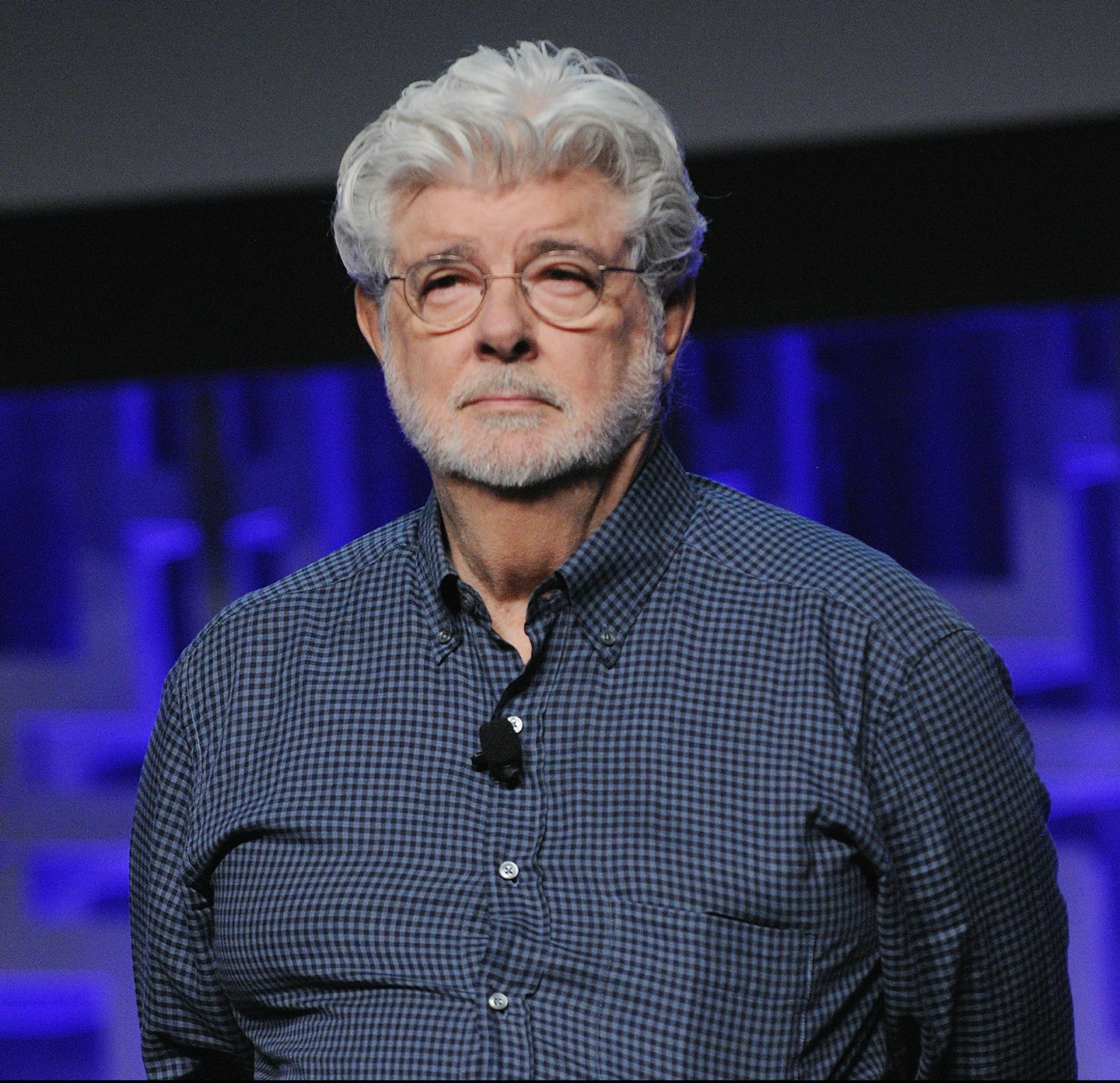
I said, "Well, I got this movie ... it's sort of a space opera thing we have ... I think dogs driving spaceships ..." And he said, "Okay, I'll do it." And he followed me all the way through, even though the Board Of Directors said, "What in the world is this?" Right up until the very end. And he fought for it, and he helped me make it, and that's when I began to own the idea.
I was still writing scripts, and any of you that read the books, you know I took an idea and I was looking for a story, or I was looking to make it be something. And so I went through a lot of different versions of it until I finally got to the one ... and even when I was shooting in Tunisia, I was still re-writing. The idea was simply to do a high adventure film that I loved when I was a kid with meaningful psychological themes. I don't know what I felt. It was like a brilliant, cockamamie idea.
It's hard for people to realise — and I'm not supposed to say this, and I wasn't supposed to say it then — but it's a film for twelve year olds. It was designed to be a film, like, mythology. This is what we stand for; you're about to enter the real world. You're twelve-years-old, you're going to go on into the big world; you're moving away from your parents being the centre focus; you're probably scared; you don't know what's going to happen; and here's a little idea of some of the things you kids should pay attention to.
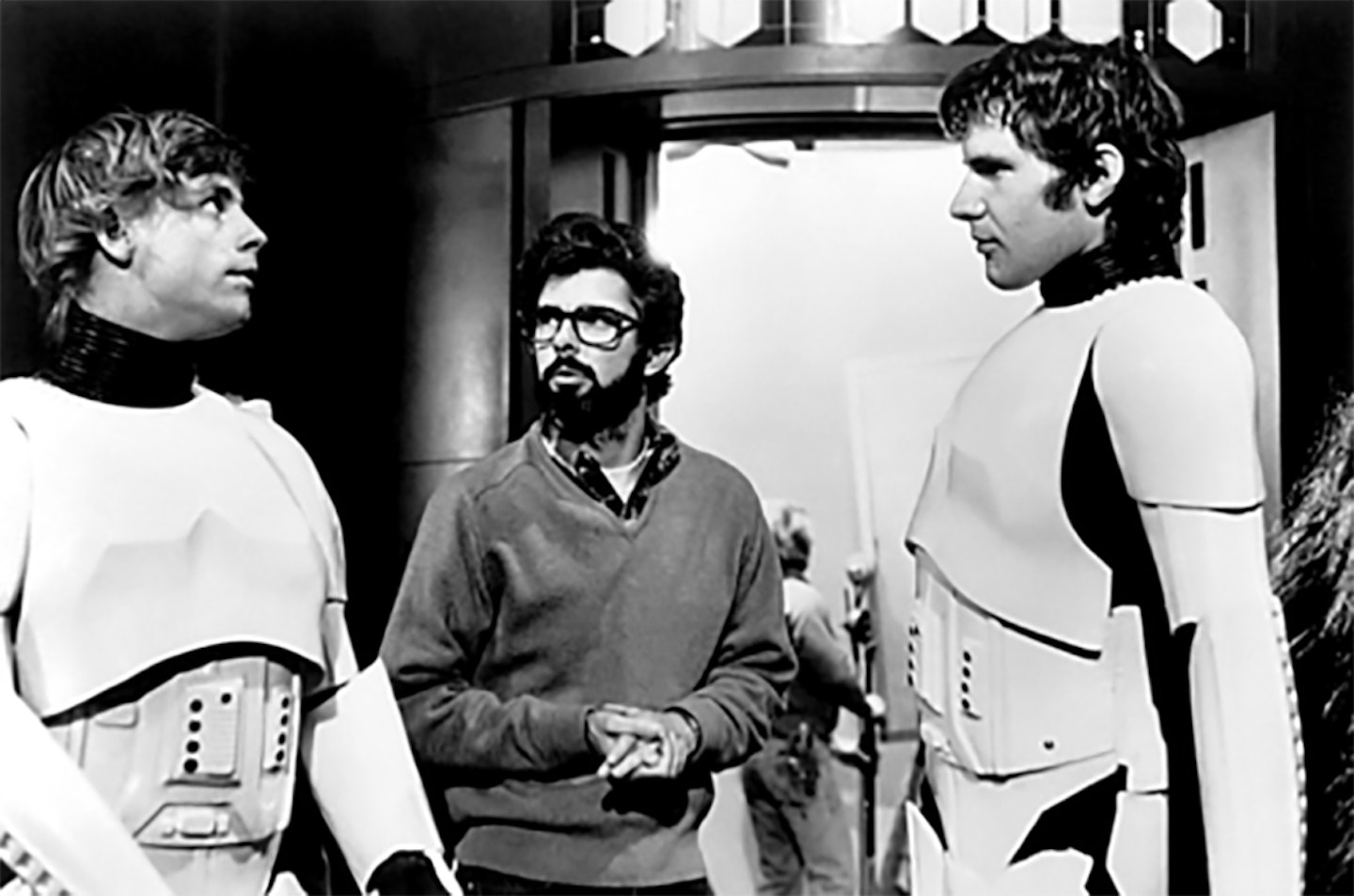
Friendships, honesty, and trust, and doing the right thing; living on the light side; avoiding the dark side. Those are things that it was meant to do, and obviously, the real thrill was when I'd see some of those little fans. When we were in Spain shooting Padme's palace, there were ten thousand people right there, watching. They were all little, tiny kids. They were reaching through this set; it was a metal house ... it was like the White House; it was a natural landmark, that palace. And they were all linked, their hands are — even little, tiny ones. They had no idea who I was, but all they wanted to do was touch my hand. And I said, "You know, this is what I did it for. Everything ... none of it makes any difference except this ..."
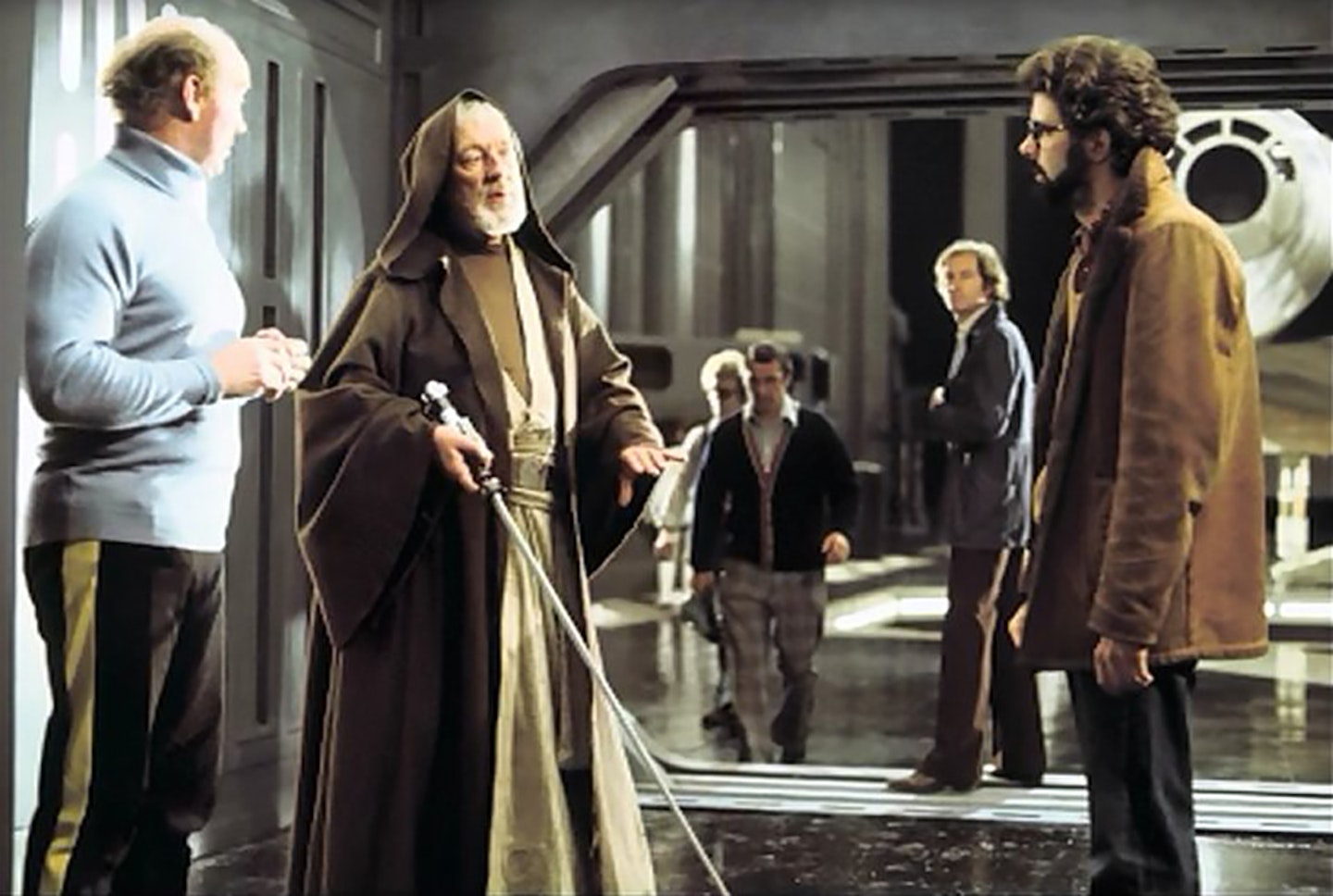
In the real world, the critics ... certain fan things ... they're not very kind. But when you see all these little kids ... when you see the look on their faces, what it means to them, it forgives everything.
• Star Wars Celebration: Behind-The-Scenes Photos From The Rogue One Panel
